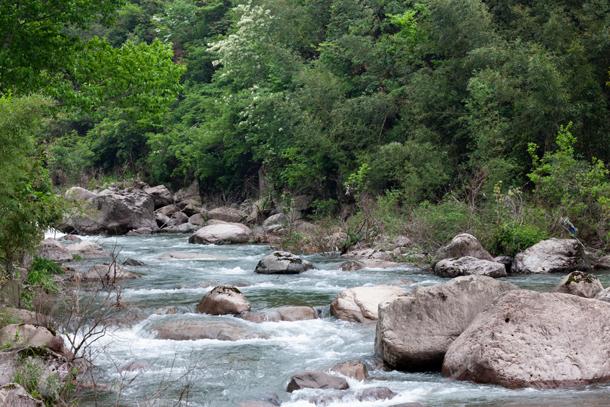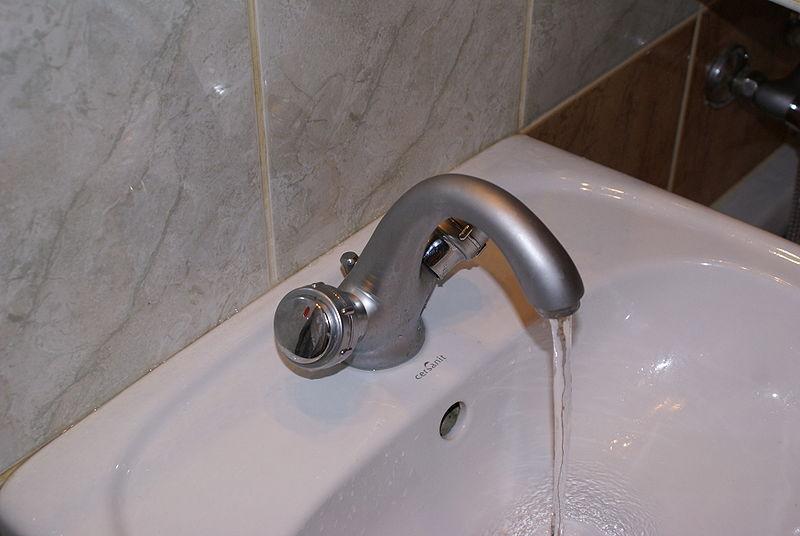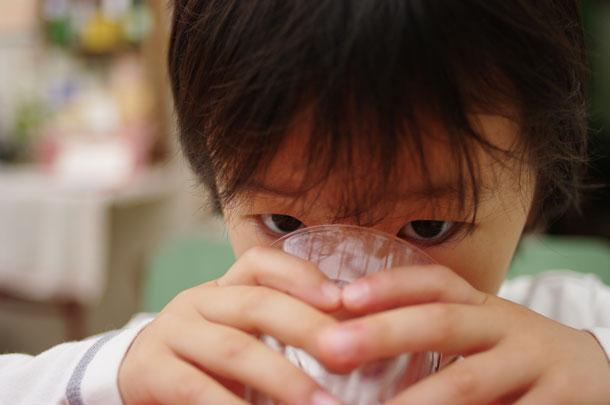Drinking water
We want to hear your feedback so we can keep improving our website, theworld.org. Please fill out this quick survey and let us know your thoughts (your answers will be anonymous). Thanks for your time!
Recycling sewage into drinking water is no big deal. They’ve been doing it in Namibia for 50 years.
Water-starved cities around the world are starting to turn to a once-unpalatable solution: recycling their sewage. And they have a surprising pioneer to thank for developing the technology — the southern African desert country of Namibia.
Climate change and drought are forcing us to upgrade our water systems
Drought has become a worldwide problem, causing friction between communities in the western US and raising concern among planners worldwide. It is an underlying and underreported driver of geopolitical conflict. An engineer says there are solutions, if we can change our attitudes toward water.
How new technologies are bringing water to the developing world
The introduction of better water management and water technology can change lives in places like Sub Saharan Africa. And it’s not just Sub Saharan Africa where water is a problem. The United Nations estimates that three-quarters of a billion people lack access to clean water and that almost two-point-five billion lack access to adequate sanitation. One solution to the problem may be through innovation and technology. Here’s a look at three that are trying to make a difference. The introduction of better water management and water technology can change lives in places like Sub Saharan Africa. And it’s not just Sub Saharan Africa where water is a problem. The United Nations estimates that three-quarters of a billion people lack access to clean water and that almost two-point-five billion lack access to adequate sanitation. One solution to the problem may be through innovation and technology. Here’s a look at three that are trying to make a difference.
Germans stick to their bottled water as tap tries to gain foothold
Germans love their bottled water: still, fizzy, flavored or plain. But there’s a movement afoot to get them to embrace tap water, not just for its environmental benefits but because Berlin, in particular, has too much water on-hand at the moment.
Subscribe to The World’s Latest Edition podcast for free using your favorite podcast player:


